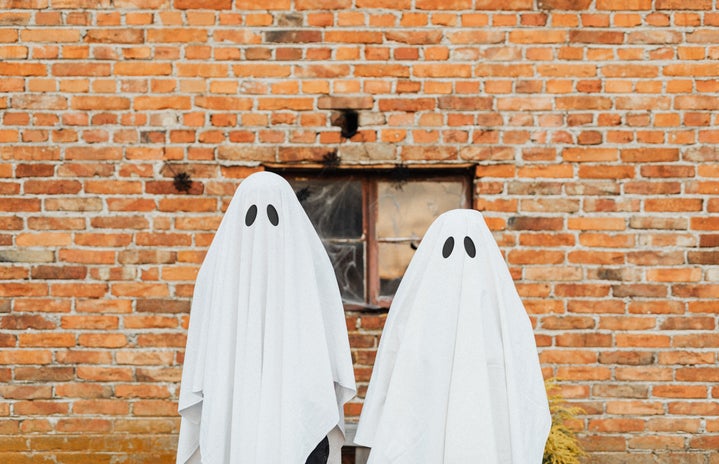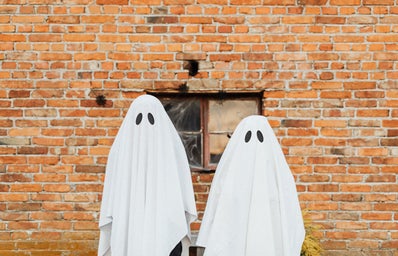This year, let’s not be that person who decides that a “sexy native” costume is a cute idea. If you pick out your costume and find yourself asking, “could I get cancelled on Twitter for this?”, the answer is probably yes.
The relationship between Halloween and racism runs deep, and today’s culture doesn’t always help. If you follow pop culture or even politics, you have probably seen at least one prominent figure get called out for being offensive. Unfortunately, cases like Shane Dawson mocking Black women in his YouTube videos, or Justin Trudeau wearing black face to a party is all too common. We tend to give the people we are supposed to look up to a pass for this behavior. It has come time to hold not only those in the spotlight accountable, but also ourselves.
Racism and cultural appropriation are all around us and have become much too normalized in our current society. Therefore, it is our job to combat it. Like Angela Davis once said, “In a racist society, it is not enough to be non-racist, we must be anti-racist.” Not only do we need to keep ourselves in check, we need to hold those around us accountable as well.
There is a fine line between cultural appreciation and appropriation. One is seeking to understand and learn about another culture with the intent to gain a new perspective, while the other is adopting that culture as your own and using it for your own personal interest. Context matters. Wearing a piece of jewelry that your indigenous friend made for you, is different than dressing up in a native headdress for your Halloween costume. The first is supporting and being respectful towards your friends’ culture, while the other is taking it out of context and using it as your own.
Dressing up is supposed to be fun, but that can be easily taken away when someone takes your culture as their own. When we put on costumes that appropriate cultures, it goes much deeper than what we are wearing. It feeds into tropes and stereotypes that can be not only offensive, but also harmful to many people in marginalized groups. What you may think is a cute costume, can be sacred or hold religious importance for some people. When aspects of a culture are taken out of context or worn by someone that doesn’t belong to that group, it completely disregards the history of pain and oppression that belong to them.
Or your costume could simply be downright racist. By altering parts of yourself to look like someone from a different ethnic background, it disregards a historical background. A background where those actions were used as a form of mockery towards minority groups.
While a lot of culture appropriation can be unintentional, it does not excuse this behavior. We live in a digital age where information is only one click away. Being uneducated isn’t an excuse, and it’s our job to learn and be able to distinguish between right and wrong.
There are so many options when it comes to picking costumes (have you been to Spirit Halloween this year??) and choosing one that doesn’t disrespect another person’s culture is not as difficult as you may think.
Here are some things you may want to keep in mind while picking out your costume this year:
1. If your costume is creating a caricature or a mocking of a group of people or culture that are different from you, find another costume.
2. If you are altering your skin tone with makeup, and it resembles the skin color of an ethnic group other than your own (even if that is not your intention), it’s a no go.
3. Watch out for specific hairstyles. Wearing dreadlocks, cornrows, chopsticks in your hair are all forms of cultural appropriation.
4. Use common sense. As adults, if you think your costume is going to be offensive, err on side of precaution.
5. As I mentioned before, we need to do our research. Living in the digital age, there’s no excuse to not be educated. Do a Google search to clarify that your costume is culturally appropriate.
6. Listen to the voices around you. Pay attention to those speaking out against cultural appropriation to understand why it’s wrong from their perspectives.
As a white woman, I have to understand that I will never know what it’s like. I can try to understand these issues and educate myself, but I will never be able to fully be in the position of people whose culture is being appropriated.
Halloweek during college is most definitely a memorable time, but let’s make sure those memories are all positive. You don’t want to be known as the racist kid on campus because you showed up to the party in something you probably knew you weren’t supposed to be wearing. As you’re planning this costume this year, remember, someone’s culture is not your costume.


